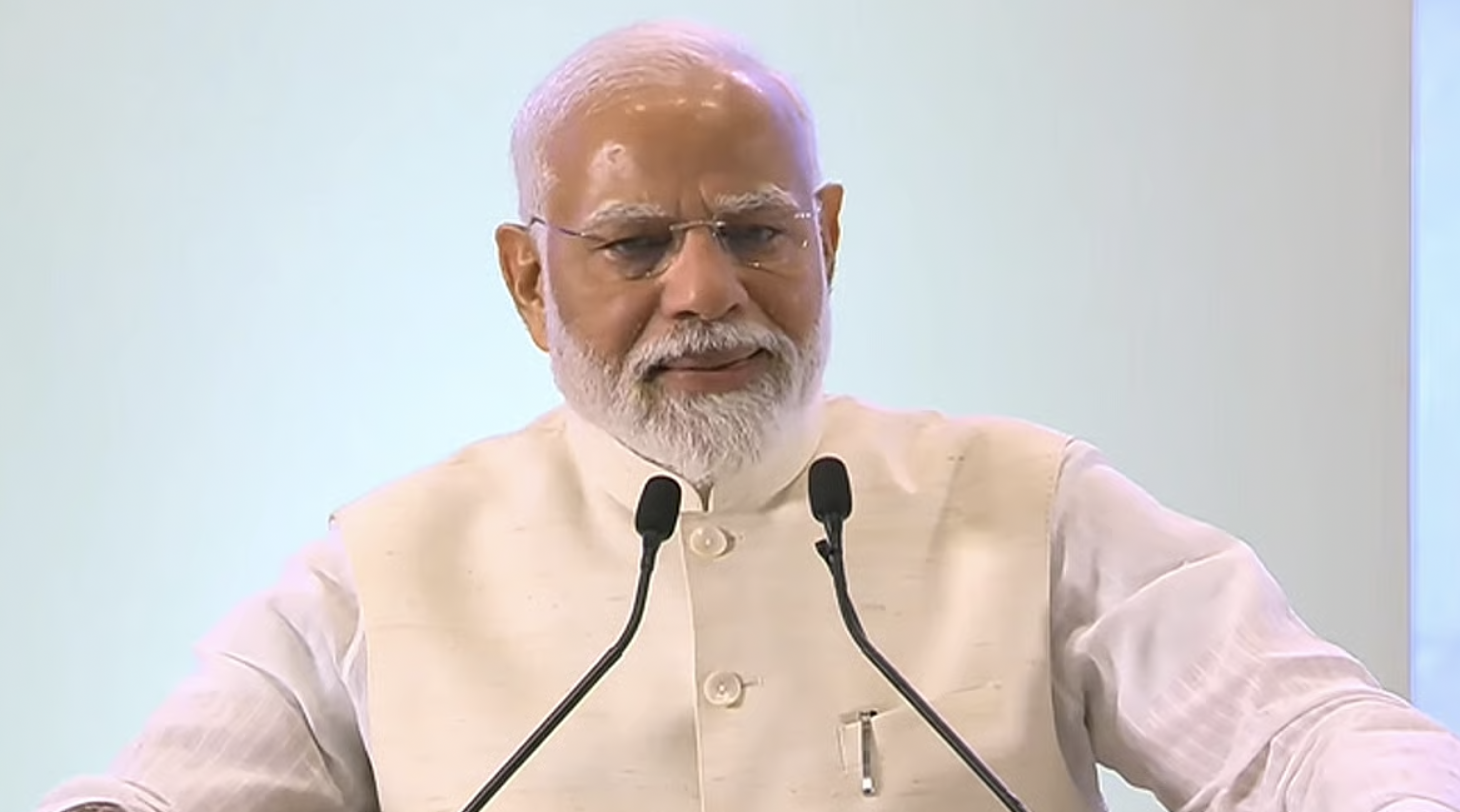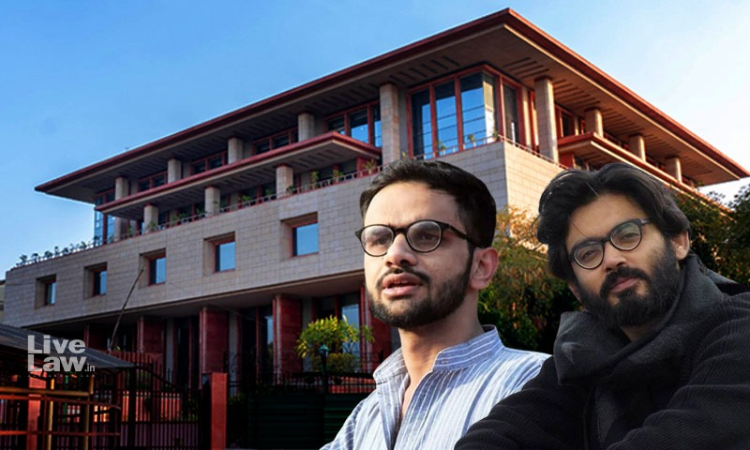There is no denying that the decision to grant citizenship is the sovereign prerogative of the state, but India being a constitutional democracy and a country governed by the rule of law, such prerogative has to be tested against the constitutional mandates of equality.

By Vineetha MG, Pratik Patnaik and Manan Sheth
The Citizenship Act, 1955 outlines how one may acquire Indian citizenship. Naturalization, subject to residency requirements, is one such path. To qualify, amongst other requirements, one should not be an “illegal migrant” and is typically required to be a resident of India for an aggregate period of at least 11 years, with some exceptions. The CA Act was amended by Citizenship (Amendment) Act, 2019 in December 2019.
The CAA 2019, inserted a proviso in the definition of “illegal migrant”, pursuant to which Hindus, Sikhs, Buddhists, Jains, Parsis, and Christians (“Identified Communities”) from Bangladesh, Pakistan, and Afghanistan (“Identified Countries”) entering India on or before December 31, 2014 (“Cut-Off Date”), are no longer considered illegal migrants. Furthermore, such individuals will be entitled to an accelerated path to citizenship after only 5 years of Indian residency, rather than the standard 11 years. Additionally, the CAA 2019, abates all proceedings pending against such persons, under the provisions of the CA Act or any other law in respect of illegal migration on grant of citizenship, and removes any disqualification from applying for citizenship on account of any such proceedings.
This story was originally published in thewire.in. Read the full story here.






